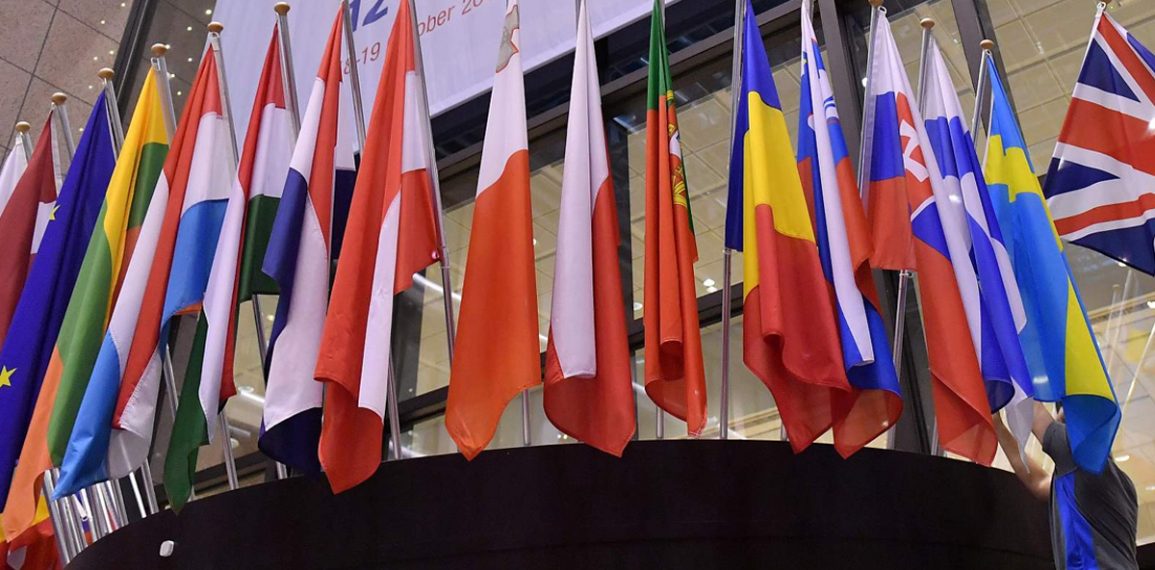Statement on the 13th ASEM Finance Ministers’ Meeting
April 24, 2018 | ASIA-EUROPE PEOPLES’ FORUM
The 13th Asia Europe Finance Ministers’ Meeting convenes anew on 26 April in Bulgaria to discuss, among others, the all too real possibility of another global financial crisis. This time, it is feared, developing countries will experience greater difficulties than before, with their increasing integration in the global economy and greater vulnerability to economic crisis and downturns.
But there are more fundamental factors. The crisis will find peoples in Asia caught in ever-deepening poverty, deprivation and inequality, and facing intensifying climate events. As a tiny handful of elites and multinational corporations continue to amass immense wealth, around 1.2 billion people remain without the most basic necessities for a decent life. From food, water and electricity to shelter, health and education, significant gaps persist and widen as they remain largely unmet.
Developing countries’ increased risk to external shocks also comes from the huge loss of domestic financial resources in proportion to their GDP. More dependable than debt or aid, taxation ought to provide a predictable, sustained source of revenues for public, affordable, adequate provision of basic social services, which help strengthen peoples’ capacities to survive. Yet billions of dollars are relinquished and/or spirited away through various means, and with the impunity that can only come from the power to influence the highest levels of decision-making, circumvent the law or emplace loophole-ridden regulations, and evade public inquiry and accountability.
The UN Conference on Trade and Development estimated tax abusive behavior by multinational companies costs developing countries $100 billion a year in lost corporate income tax. IMF research pegged estimates even higher, at $213 billion/year lost to tax avoidance. Studies further indicate that what developing countries receive in foreign aid, they lose three to ten-fold in tax evasion. These are more than enough to bridge UNESCO’s calculation of $39 billion/year total domestic financing gap to ensure universal pre-primary to secondary education in low and lower-middle income countries and the $32 billion needed for basic healthcare to save the lives of 6 million children worldwide each year.
Tax dodging of such massive proportions cannot occur without channels that guarantee little/zero tax, and secrecy, to shield against scrutiny by tax authorities and citizens. Many of these are in Europe, such as the Netherlands, Switzerland, Luxembourg, Cyprus, Ireland, the UK and its crown dependencies, but Asia’s tax havens are also growing to include Indonesia, Taiwan, South Korea and Malaysia in addition to Hong Kong, Singapore, Macau and other long-standing financial secrecy jurisdictions. Not surprisingly, the OECD names and shames more non-member countries than the very large tax havens in its own backyard.
Furthermore, neither could corporate profits be so easily shifted, untaxed, from developing countries without governments themselves conceding a significant part of the sovereign authority granted them by citizens, such as by providing preferential tax treatment for foreign investors and failing to amend legal infirmities. Asian developing countries offer wide-ranging tax incentives in the unproven belief that these will attract investments for their development. In so doing, they lose the very wherewithal to make the public investments required for citizens to enjoy rights. Social service provision is opened instead to profit-driven private sector investment, which constricts access especially of the poor to water, healthcare, education, decent habitats and other needs. Consumption taxes are levied to recover forgone revenue, resulting in even greater financial burdens for those already barely surviving on low wages and insecure conditions of work, many of whom are women.
It is claimed that over the years millions of people have been taken out of poverty, but tragically, millions are also being pulled back into deprivation and impoverishment by inaction and inequitable policies. We urge finance officials in Asia and Europe alike to be guided by what they should already know – that public finance is a key instrument in fulfilling human rights, democratizing access to resources, advancing efforts to end poverty in all its dimensions and in building vibrant, resilient and sustainable economies and societies.



